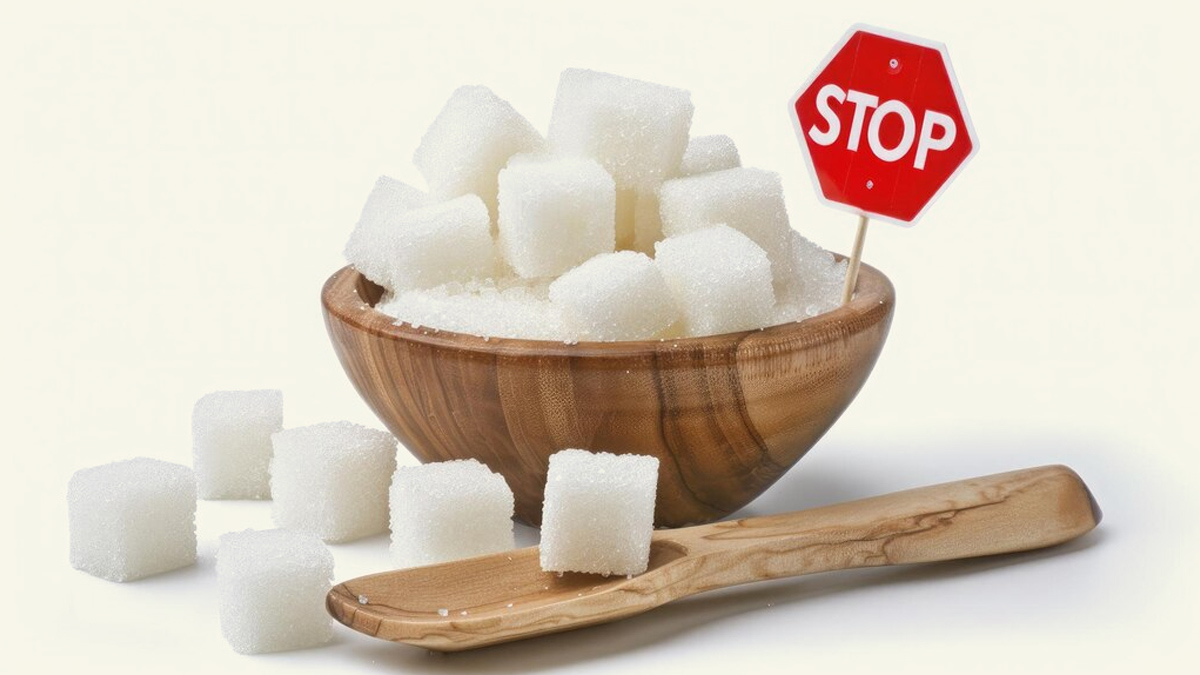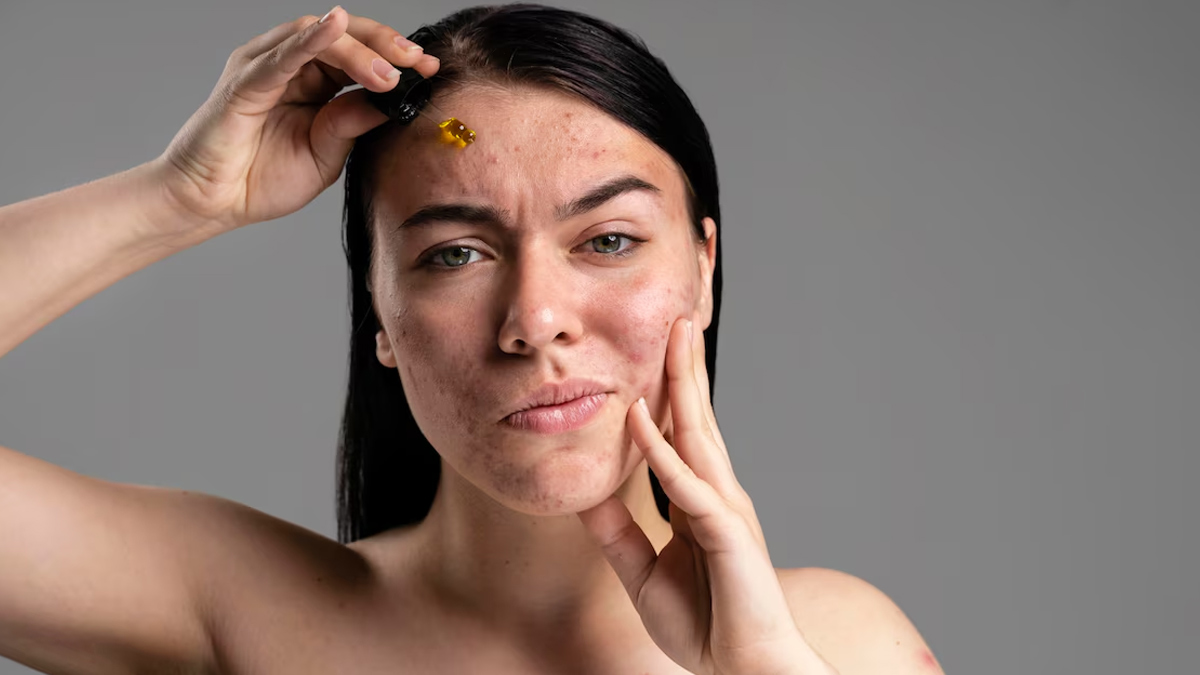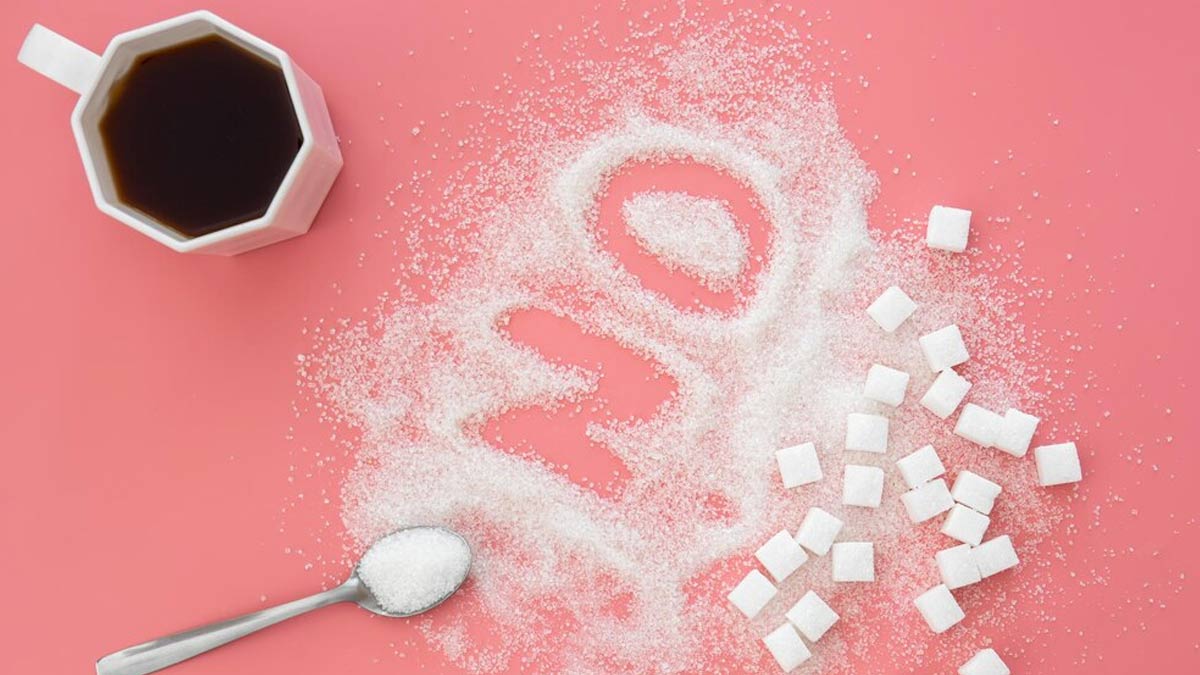Sugar is a key part of our daily diet, but excessive consumption can take a toll on your body. From increasing the risk of diabetes, obesity, and heart disease, too much sugar can also negatively affect your skin, the body’s largest organ.
According to Dr Geetika, Dermatologist and Founder of Influennz Skin and Hair Clinic, who spoke with the OnlyMyHealth team, excessive sugar intake accelerates the ageing process of the skin and affects skin in various ways. She also emphasises the need to cut back on sugar to help maintain healthier, younger-looking skin. To understand better, here’s a detailed look at how excessive sugar consumption affects overall skin health.
Also Read: What Happens To Your Body When You Have Too Much Sugar: Side Effects
How Excessive Sugar Consumption Affects Skin
Dr Geetika says, “Sugar consumption, especially in excessive amounts, is often associated with weight gain and metabolic issues, but its effects on skin ageing are less widely discussed.”
According to her, the process by which sugar accelerates skin ageing is scientifically rooted in glycation, a mechanism that directly impacts collagen production and skin elasticity, leading to visible signs of premature ageing.
She describes glycation as a biochemical process where sugar molecules bind to proteins and fats in the body, forming harmful compounds called Advanced Glycation End Products (AGEs). This reaction leads to the stiffening of collagen and elastin, the proteins responsible for maintaining skin’s structure and elasticity.
Here’s how this process can impact skin over time:
Loss of skin elasticity: Collagen fibres become cross-linked, leading to stiffer skin that loses its ability to bounce back. This causes sagging and fine lines, especially around areas prone to movement, such as the mouth and jawline.
Formation of wrinkles: The degradation of collagen and elastin through glycation contributes to wrinkle formation, particularly around the eyes and upper lip.
Sagging and jowls: The skin’s structural integrity weakens, leading to a sagging appearance, especially along the chin and neck.
Can Too Much Sugar Intake Make You Age Faster?
There are many ways excessive sugar consumption can speed up the ageing process.
As discussed, the glycation process affects the skin’s collagen production and skin elasticity, which leads to premature ageing. Collagen plays a vital role in skin’s youthful appearance. The skin predominantly consists of Type I and Type III collagen, with Type III being stronger and more resilient.
Glycation affects enzymes responsible for collagen synthesis, leading to reduced collagen production. It encourages a shift from the stronger Type III collagen to weaker Type I collagen, which accelerates wear and tear in the skin, making it more prone to damage and signs of ageing, such as fine lines, wrinkles, and sagging.
In addition, glycation also consumes vital antioxidant enzymes that normally protect the skin from free radicals. With fewer antioxidants available, the skin becomes more vulnerable to oxidative stress, which exacerbates ageing symptoms such as dullness, uneven texture, and pigmentation issues.
However, the good news is that reducing sugar intake, staying hydrated, and focusing on antioxidant-rich diets and skincare products can help slow down these effects, says Dr Geetika.
Also Read: Diabetes And Sugar Intake: Expert Answers How Much Sugar Can A Diabetic Consume
Signs To Watch Out For
If you’re someone who consumes excessive amounts of sugar daily, here are some signs you should watch out for on your skin:
- Acne flare-ups and more frequent breakouts
- Shiny, hardened skin surface
- Fine lines and wrinkles
- Skin sagging, especially around the neck, chin, and jowls.
- Loss of facial volume, resulting in a hollow or sunken appearance in the cheeks and jawline.
How To Slow Down Ageing And Reduce Skin Problems
Here’s how you can improve your skin health and slow down ageing:
- Limit consumption of sugary snacks, beverages, and foods with hidden sugars like processed fruit juices and sauces.
- Drink plenty of water to keep your skin hydrated and help flush out toxins that contribute to oxidative stress.
- Supplement your diet with foods rich in omega-3 fatty acids, evening primrose oil, and vitamins A, C, and E.
- Use products containing antioxidants, retinoids, and collagen-boosting ingredients to support skin repair and regeneration.
Bottomline
Sugar consumption, particularly heavy amounts, can affect various organs in your body, including your skin. It can reduce collagen production and affect skin’s elasticity, speeding up the ageing process. However, the good news is that cutting back on sugar and incorporating healthy lifestyle changes in your daily life can reduce or slow down these skin changes. For better results, it is best to consult your doctor or dermatologist, who can provide you with better guidance.

